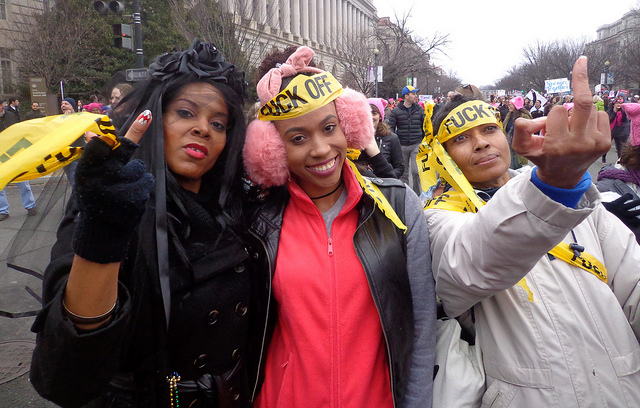I was an IDF reservist stationed in the south of Israel. My base had received a new contingent of AH-64 Apache attack helicopters, and was testing them prior to deployment. Helicopters would ascend to 100 meters, hover for hours, and do instrument checks. A constant drone permeated our encampment.
The productive forces of entire economies are drained into mostly US-made weaponry and away from desperately-needed health, education, and social welfare services. ‘Apachim’ are only the latest US-made high-tech trinkets for warring Middle Eastern tribes. In thirty years they will all be scrap metal, but not before the purchase and annual maintenance costs of squadrons deprive millions of better lives.
Nationalistic violence and its ceaseless military preparations feed off US self-interest in repatriating its energy expenditures on Middle Eastern oil. This is the Triangle Trade of our age. Neither Israel nor neighboring Arab states recognize that their mutual interests lie in rejecting and ending this cycle.
These days I live 35 kilometers from the Boeing plant in Mesa, Arizona, that manufactures the latest generation of Block III Apaches. The plant employs about 2500 workers and has a $2.5 billion impact on the local economy. It is the Arizona economy that benefits from national self-subsidy when the US provides military aid monies to Israel and Egypt, which in turn spend it on Apache helicopters and Raytheon missiles (made in Tucson.) The Saudis, Kuwait, and UAE pay hard cash for their attack helicopter squadrons.
Arizona has become a major armory for the Middle East, a fact that remains almost invisible to citizens in this state. That these attack helicopters have been named after one of Arizona’s indigenous peoples lends a special irony to this fact.





